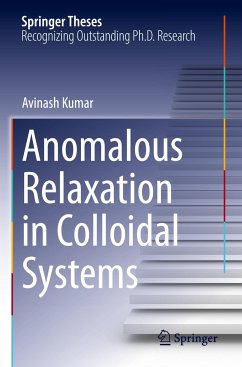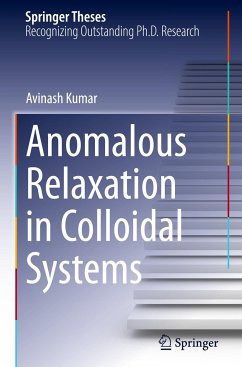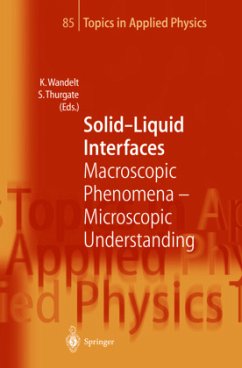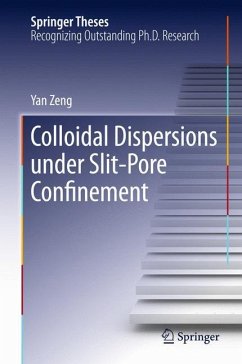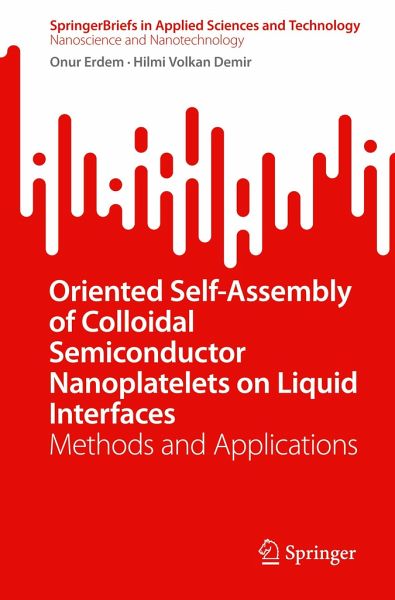
Oriented Self-Assembly of Colloidal Semiconductor Nanoplatelets on Liquid Interfaces
Methods and Applications

PAYBACK Punkte
19 °P sammeln!
This book highlights the fabrication of orientation-controlled colloidal quantum well (nanoplatelet) thin films using liquid interface self-assembly. The book details methods for orientation-controlled deposition of CdSe core nanoplatelets for characterization of directional energy transfer in nanoplatelets and layer-by-layer construction of CdSe/CdZnS core/shell nanoplatelets to create optically active waveguides with precisely tunable thickness and excellent uniformity across device scale. It also provides a future outlook for construction of large-scale two- and three-dimensional nanoplatel...
This book highlights the fabrication of orientation-controlled colloidal quantum well (nanoplatelet) thin films using liquid interface self-assembly. The book details methods for orientation-controlled deposition of CdSe core nanoplatelets for characterization of directional energy transfer in nanoplatelets and layer-by-layer construction of CdSe/CdZnS core/shell nanoplatelets to create optically active waveguides with precisely tunable thickness and excellent uniformity across device scale. It also provides a future outlook for construction of large-scale two- and three-dimensional nanoplatelet superstructures and their incorporation into device fabrication.



